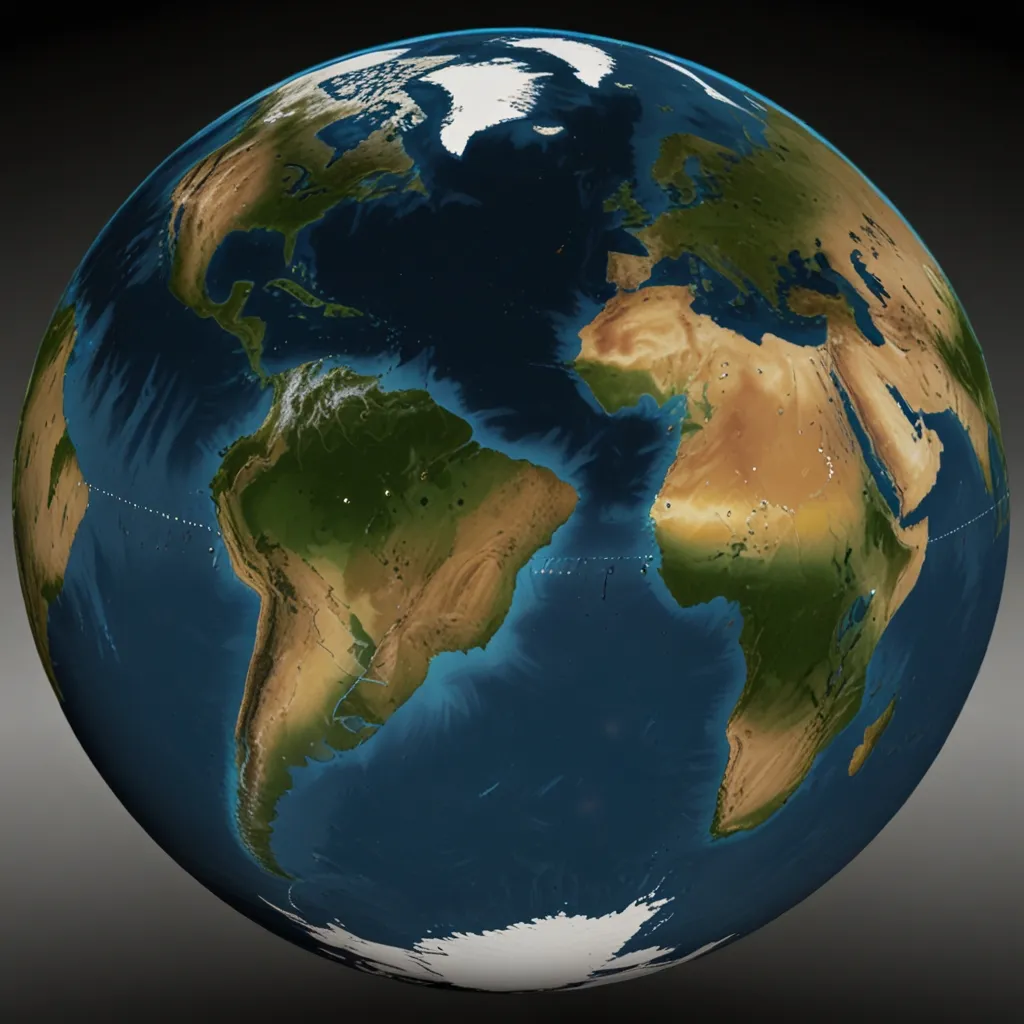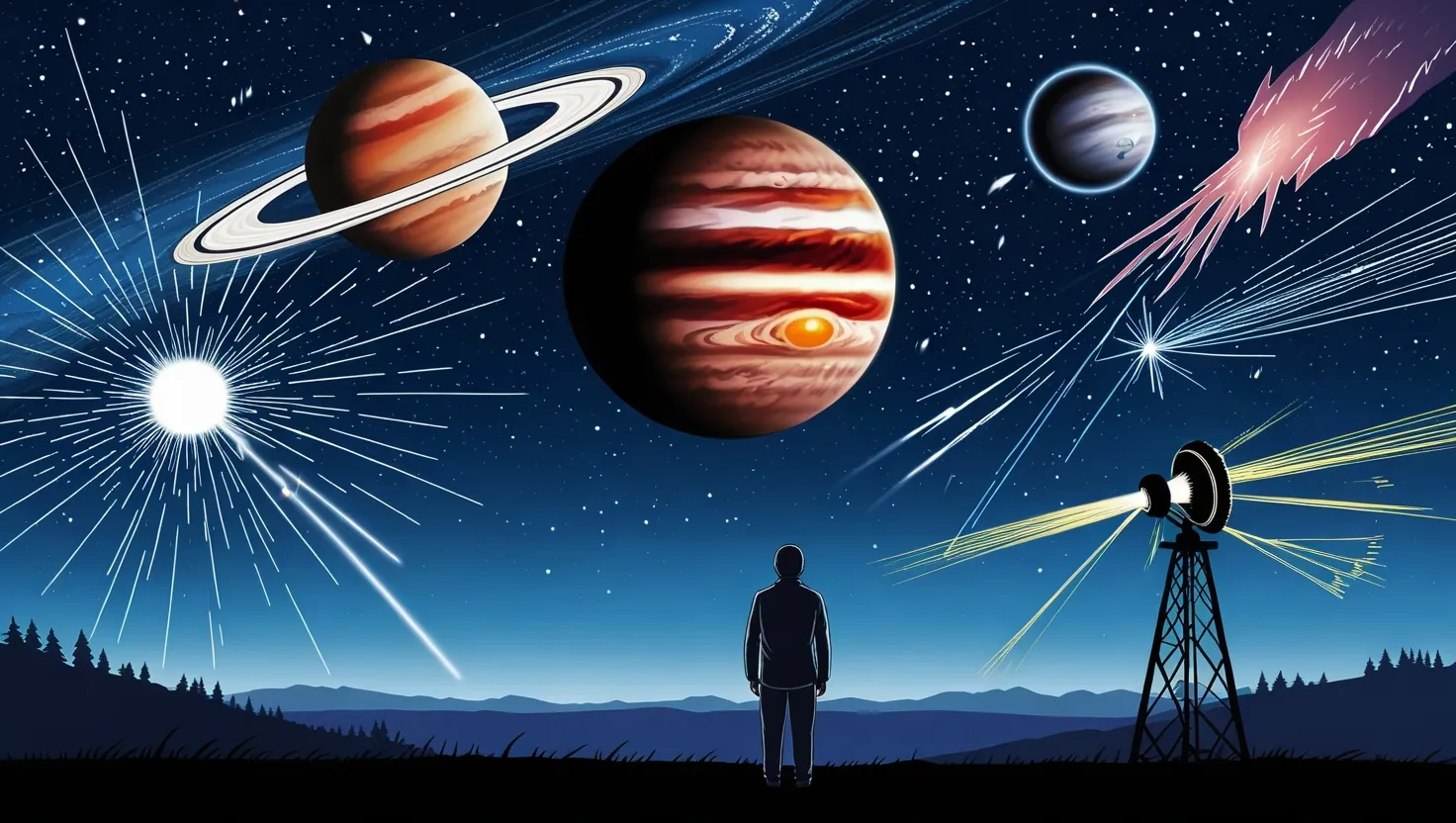December marks the winter solstice, the time when the northern hemisphere is tilted furthest away from the Sun. This astronomical event usually falls on December 21st or 22nd and signals the onset of winter. In contrast, the summer solstice, occurring around June 20th or 21st, happens when the northern hemisphere tilts closest to the Sun, marking the beginning of summer.
But why do we experience these solstices? The Earth has an axial tilt of about 23.5 degrees. This tilt is the reason for varying seasons across the globe and has profoundly influenced the planet’s climate and life. Let’s ponder a hypothetical scenario: What if Earth had no tilt at all? Surprisingly, this would lead to immense changes in our world.
First off, without an axial tilt, Earth wouldn’t experience the seasonal changes we are familiar with. This tilt dictates the intensity and duration of sunlight different areas receive, leading to the four seasons. Without it, every location on Earth would receive roughly the same amount of sunlight year-round—approximately 12 hours per day. As a result, weather and temperature patterns would be much more stable, yet vastly different from what we know. The equator would remain warm, and the poles would stay cold, creating stratified climate bands.
This lack of seasons would have significant repercussions on agriculture. Farmers rely on seasonal changes to plant and harvest crops, and the absence of these fluctuations could upend agricultural practices. Moreover, plant evolution, which depends heavily on seasons, would be altered, thereby affecting the entire biosphere. This ripple effect would change how animals have evolved, possibly altering timelines for reproduction and migration.
In an Earth without tilt, human evolution and culture might have taken a drastically different route. According to ecological anthropologists, humans might never have developed beyond small, scattered settlements, constantly battling diseases prevalent in a non-seasonal, warmer climate. Interestingly, cold weather has often driven technological advancements, from the invention of stoves and furnaces to the Industrial Revolution.
But here’s another twist: an Earth without tilt might eventually transform into a snowball. With constant below-freezing temperatures at the poles, snow would accumulate without melting, leading to expanding ice caps. Snow and ice reflect sunlight efficiently, causing the planet to cool even more. While it’s unlikely that Earth would turn into a complete snowball, extensive ice cover would drastically alter the planet’s climate.
So, while it’s fascinating to ponder a tilt-less Earth, we should appreciate the axial tilt we have, as it has shaped not just our climates and seasons, but also the evolution of life, including human civilization. Without it, we would likely be living in a much different world—if at all.






